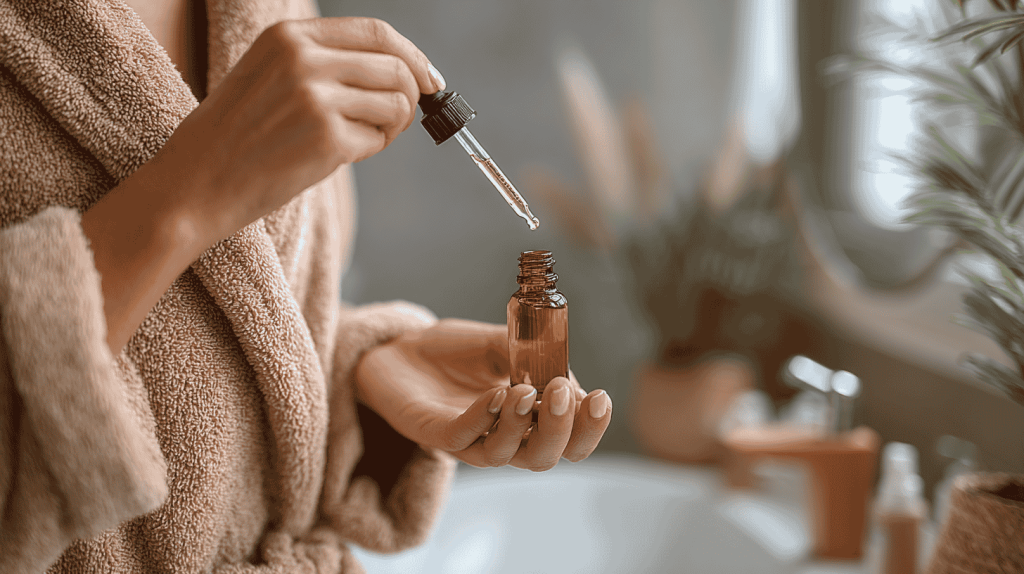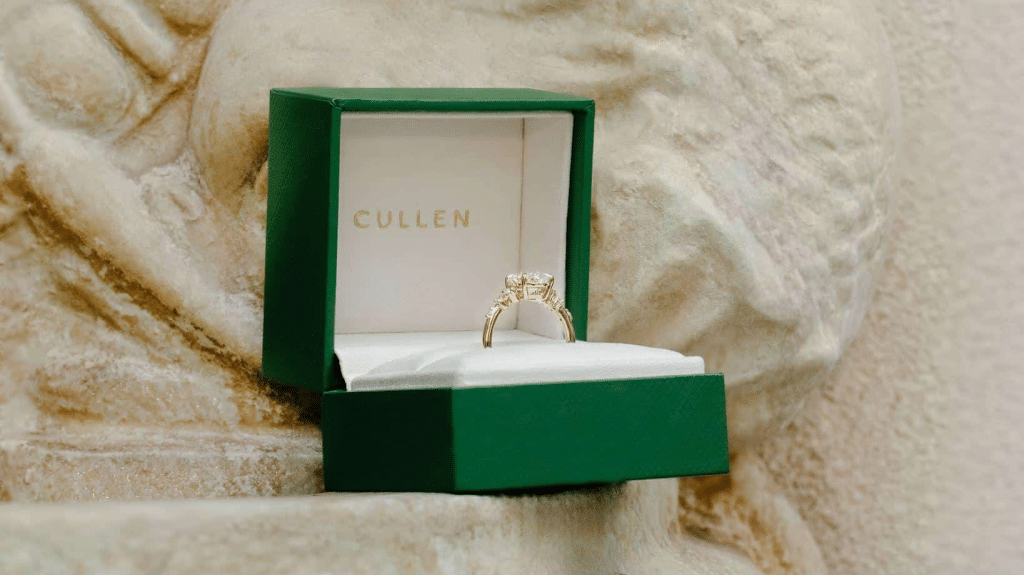Vitamin B3, also known as niacinamide or nicotinamide, is getting a lot of attention for its role in keeping your skin healthy, especially under the harsh Australian sun.
Skin cancer is one of the most common types of cancer in Australia, and many people are looking for ways to lower their risk.
While sunscreen, hats, and staying in the shade are still super important, researchers have found that Vitamin B3 might add an extra layer of protection, especially against non-melanoma skin cancer.
In this blog, we’ll break down what Vitamin B3 is, how it helps your skin, and what scientists have found about its cancer-fighting potential.
No confusing science talk, just simple facts to help you stay informed and take better care of your skin.
How Vitamin B3 Protects and Repairs Your Skin
Vitamin B3, especially in the form of nicotinamide (also called niacinamide), plays a powerful role in protecting and repairing the skin.
When our skin is exposed to the sun’s harmful UV rays, it can suffer damage at the cellular level. This damage affects the DNA in skin cells, which, if left unrepaired, can lead to problems like premature aging or non-melanoma skin cancer.
This is where Vitamin B3 steps in. It helps repair the damaged DNA, giving skin cells a better chance at staying healthy.
Nicotinamide helps restore their energy, allowing them to function properly and heal themselves more effectively.
It also strengthens the skin’s natural barrier, helping it hold in moisture and keep out irritants and toxins from the environment.
Evidence On Preventing Non-Melanoma Skin Cancer
Scientists in The Australian ONTRAC conducted a large-scale study to investigate if Vitamin B3 (specifically nicotinamide) could help prevent non-melanoma skin cancer.
They gave the vitamin to people who had already had non-melanoma skin cancer before these are people at higher risk of getting it again.
For one whole year, half of the group took Vitamin B3, and the other half took a fake pill (called a placebo).
The results were very encouraging. The group taking Vitamin B3 had 23% fewer new skin cancers compared to the group not taking it.
They also had fewer actinic keratoses, which are dry, scaly patches on the skin that can turn into cancer if left untreated. These spots dropped by around 11% to 20% during the treatment.
What’s more, the vitamin was well tolerated. People didn’t have serious side effects, and it was safe to take daily.
How to Apply Vitamin B3 for Healthier Skin
Vitamin B3 doesn’t just work as a supplement; it’s also a popular ingredient in skincare products like serums and moisturizers. When used topically, it can brighten skin, reduce redness, and support your skin’s barrier.
Step 1: Start with a Clean Face
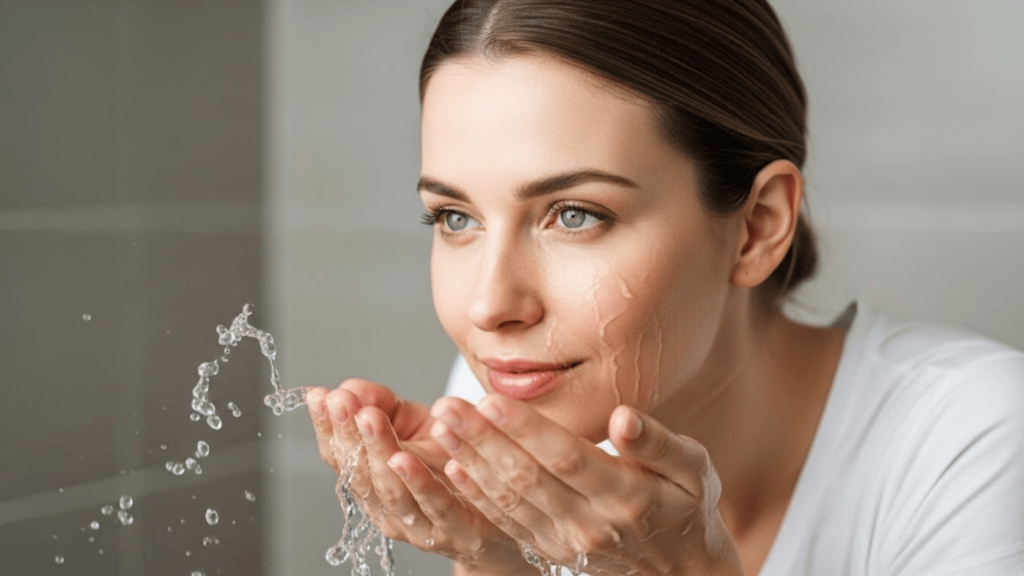
Wash your face with a gentle cleanser to remove dirt, oil, and makeup. This helps your skin absorb the Vitamin B3 product better.
Pat your face dry with a clean towel. Always apply skincare products to clean skin to prevent clogging pores and to make sure ingredients work effectively.
Step 2: Apply a Vitamin B3 Serum or Moisturizer
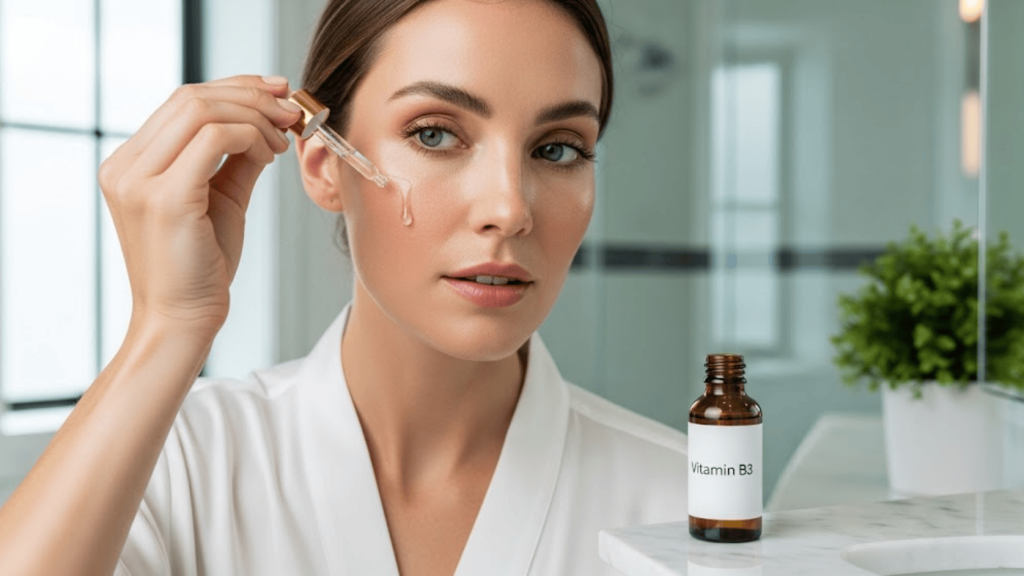
Choose a product that lists niacinamide (Vitamin B3) as one of the main ingredients.
Apply a small amount (usually a pea-sized drop of serum or a fingertip amount of cream) evenly over your face. Gently press it in using your fingertips, no need to rub hard.
Step 3: Follow with a Moisturizer (if needed)
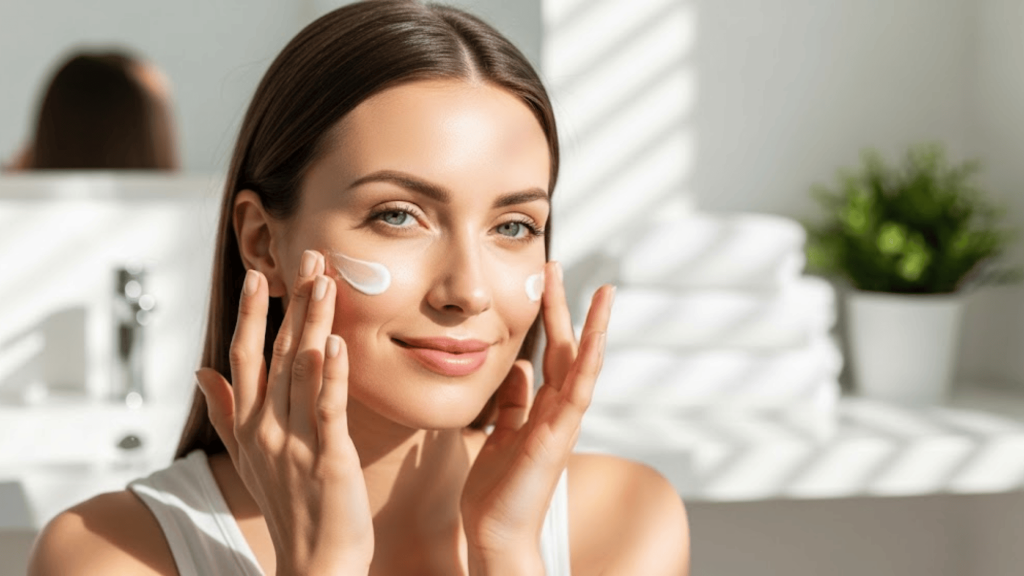
If your Vitamin B3 product is a serum, follow it with a regular moisturizer to lock in hydration. This helps boost the soothing and strengthening effects of niacinamide.
If your product already contains moisturizers, you may skip this step, depending on your skin type and how it feels.
Step 4: Don’t Forget Sunscreen in the Morning
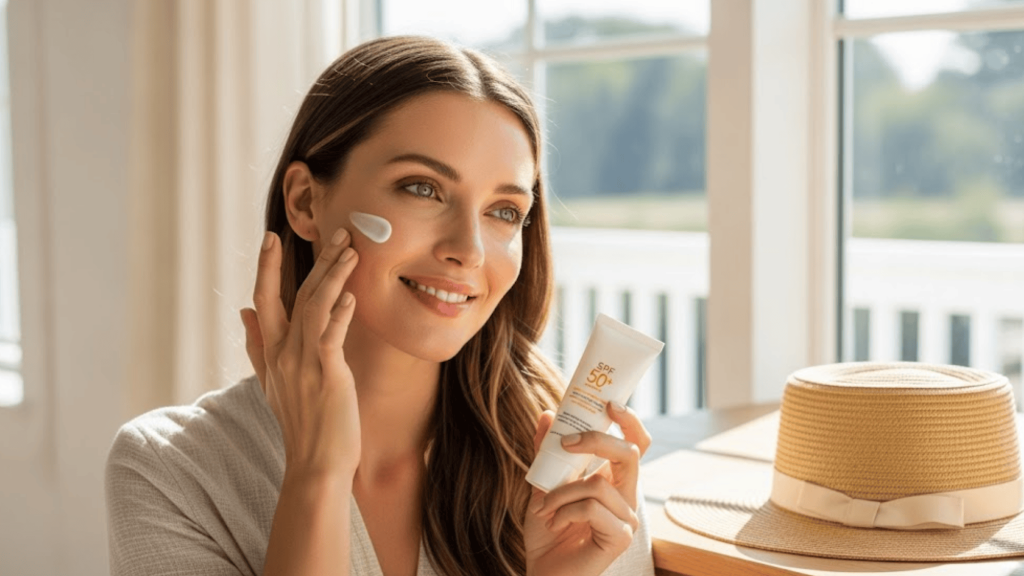
If you’re using Vitamin B3 in the daytime, always finish your routine with broad-spectrum sunscreen (SPF 30 or higher).
Even though niacinamide helps protect your skin from UV damage, sunscreen is still your best shield. Reapply every two hours if you’re out in the sun.
A Simple Precaution Checklist
Vitamin B3 (nicotinamide) is generally safe for most adults, especially when used at the doses studied for non-melanoma skin cancer prevention. Here’s a quick breakdown to help you stay informed:
- Use the right form: Choose nicotinamide, not niacin (nicotinic acid), to avoid side effects like skin flushing.
- Take with food: This helps prevent mild stomach discomfort in some people.
- Avoid high doses: Taking more than 3,000 mg per day can harm your liver. Stick to the recommended 1,000 mg daily.
- Talk to your doctor if needed: People with liver or kidney problems, or those who are pregnant or breastfeeding, should seek medical advice before use.
- Check for drug interactions: Nicotinamide might affect how some medications work, such as blood thinners or anticonvulsants.
- Safe for long-term use: When taken as directed, nicotinamide is considered safe for most healthy adults over time.
Vitamin B3 is a gentle, well-tolerated supplement for most people, especially in the right form and dose. But it’s always smart to speak with a healthcare provider before starting, especially if you have other health issues or take regular medications
What Vitamin B3 Can’t Do Alone?
While Vitamin B3 (nicotinamide) shows real promise in reducing the risk of non-melanoma skin cancer, it’s not a one-size-fits-all solution. There are certain limits to what it can do on its own.
That’s why it’s important to combine it with other proven skin protection habits. Here’s a clear look at both the limitations and the best complementary steps you can take:
| Limitations of Vitamin B3 | What You Should Do Instead |
|---|---|
| Only effective for non-melanoma skin cancer | Continue regular checks for melanoma, which is more serious and fast-spreading |
| Works only while taking it benefits fade after stopping | Stay consistent with daily use for long-term protection |
| Doesn’t replace sun safety habits like sunscreen or clothing | Always use broad-spectrum sunscreen, wear hats, and seek shade |
| Not recommended for the general public without risk factors | Use it under a doctor’s guidance, especially if you have a skin cancer history |
| Won’t reverse existing skin cancer or damage | Schedule regular skin checks and treat suspicious spots early |
Vitamin B3 is a great helper but not a superhero on its own. Think of it as one piece of a bigger skin care puzzle.
To truly protect your skin, combine it with sun-smart habits, regular doctor visits, and a little daily consistency.
Bringing It All Together
Vitamin B3, or nicotinamide, is proving to be a powerful ally in the fight against non-melanoma skin cancer, especially for people who have had it before.
Backed by solid research, this simple vitamin can reduce the risk of new skin cancers when taken at the right dose and used consistently. It’s affordable, widely available, and generally safe for most adults.
However, it works best as part of a complete skin protection plan, not as a replacement for sunscreen, protective clothing, or regular check-ups.
With the right balance of prevention, awareness, and support, you can give your skin the care it needs to stay healthy and strong under the sun. Small steps like this can make a big difference.
If you’re at high risk, speak to your doctor about whether Vitamin B3 is right for you.

